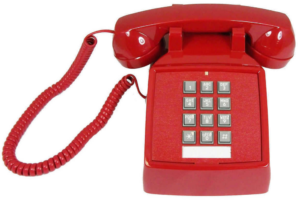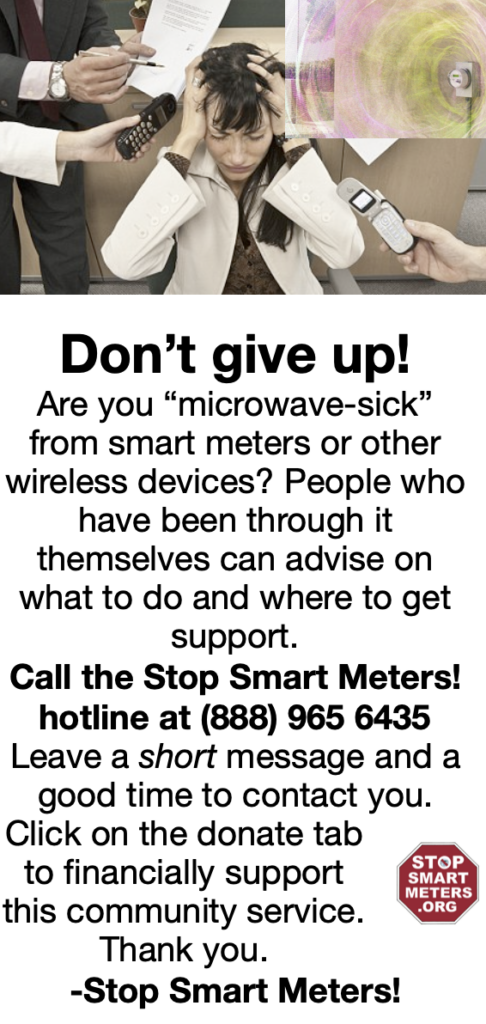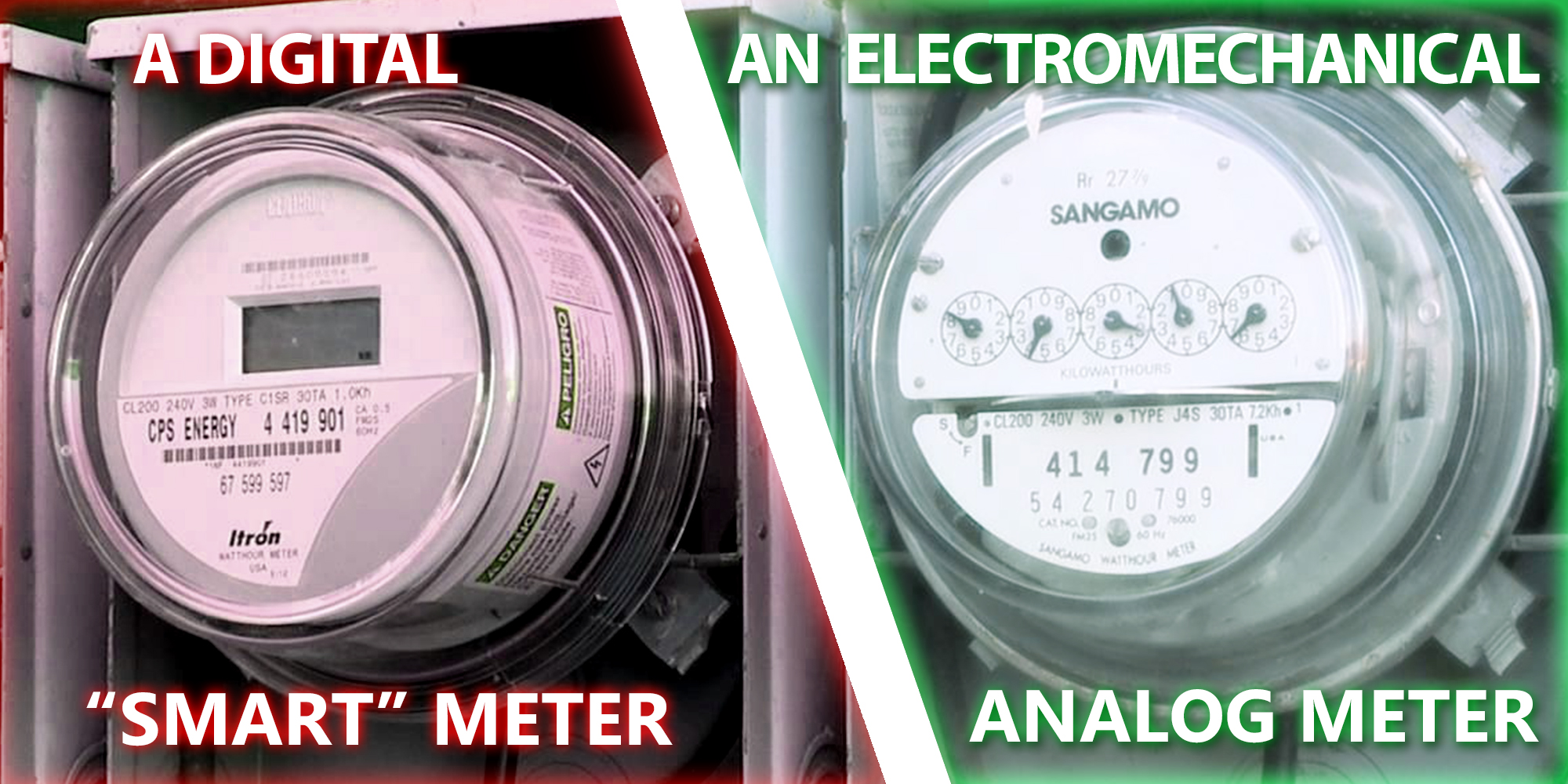 By Nina Beety, Guest Commentary
By Nina Beety, Guest Commentary
The public paid for America’s sturdy, reliable and essential copperline landline infrastructure through rates and tax-subsidized incentive programs. But AT&T wants to eliminate copperline service. Most Californians don’t know this. “Dependable” is not in vogue, and AT&T no longer wants to service this system. It claims it must make way for new technology, and that this service is no longer essential or economical for them to continue, despite AT&T’s huge profit last year.
Tell that to Californians who live in rural areas, are older, have medical devices, are disabled, or are low income. They rely on this service. “Traditional landline phone service remains the backbone and only reliable two-way communication mode,” says the Rural County Representatives of California.
Many states have allowed AT&T and other companies to disconnect, despite opposition by the public and organizations like AARP. Illinois just approved landline elimination. Michigan did so in 2014. Last year, California Assemblymember Low sponsored AB 2395 to disconnect copperline landlines by 2020, but vocal opposition, including from rural counties, stopped it.
The California Alliance of Retired Persons says: “AB2395 would leave California consumers without essential public safety protections. Voice-over-Internet-Protocol (VoIP) services do not provide line power during an electrical outage. … The FCC’s rules have serious gaps: batteries must only provide a minimum of eight hours (24 hours after 2019); it is up to customers, not the provider, to purchase the battery at their own expense; and notification need only be at the point of sale.”
AT&T is trying several work-arounds. The first is FCC WC Docket No. 17-84. The FCC will likely preempt “wayward” states that want to retain copperline for their residents and adopt measures to speed up destruction of the copperline system. AT&T’s second move was to send notices to AT&T customers this month, notifying them that they agree to any and all changes to their telephone service and the installation of any and all equipment on their premises that AT&T wants to do, including installing equipment that uses electrical power. “If you do not allow AT&T to install the new network equipment at your premises, your telephone service may be disconnected …” Any customer who doesn’t accept the terms must call AT&T to cancel their service.” This becomes effective July 1.
Yet, the CPUC and TURN told me last week that AT&T has not been approved to abandon copperline.
AT&T plans to use broadband over powerline — a dangerous system that puts the microwave signal directly on powerlines, where it travels along all wiring and onto household wiring. It broadcasts microwave radiation everywhere and cannot be blocked. It was vehemently opposed by physicians in Austria and Switzerland when it was mandated there for Smart Meter communication, saying it would cause widespread health problems.
AT&T is also pushing Senate Bill 649, which effectively turns most utility poles in a community into cell towers. Cities and counties have to approve them, even in residential neighborhoods. SB 649 has been approved by the Senate and now faces the Assembly.
The Mendocino County Board of Supervisors said last year, “Don’t take away the most reliable way to reach 911 in an emergency. 911 dispatch centers automatically know our location when we call from home. Our home phone lines will keep working for weeks if there is a power outage. Wireless signals can be unreliable when we need our phones the most. Don’t let vulnerable people be left without reliable phone service.”
In power outages and in disasters, copperline landlines are a lifeline. Contact your state and federal officials and the CPUC. Stop AT&T from destroying this vital infrastructure.
Nina Beety lives in Monterey and runs the Smart Meter Harm website. This column first appeared in the Monterey Herald.








